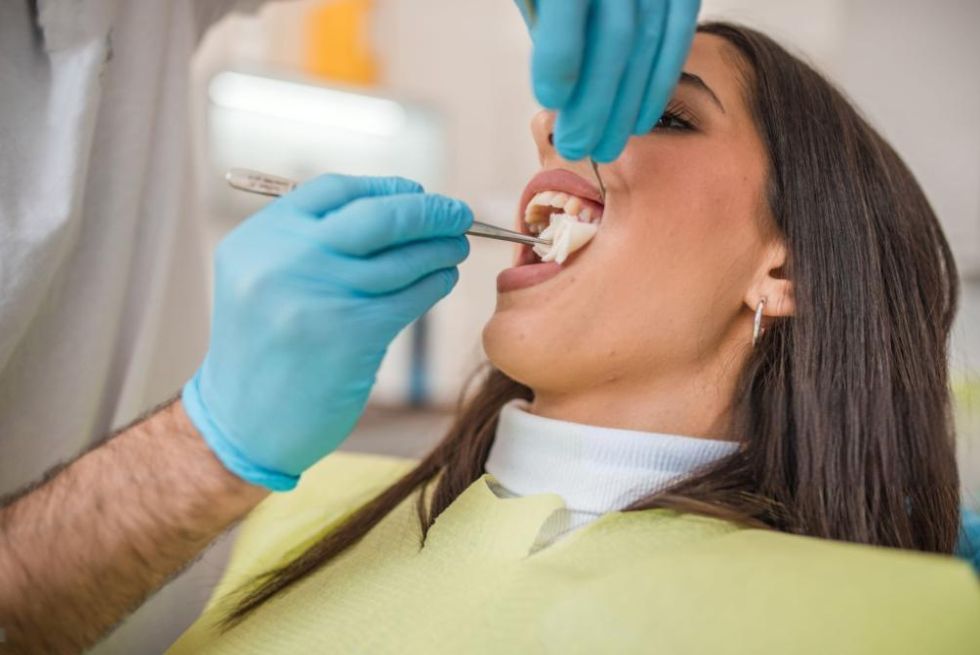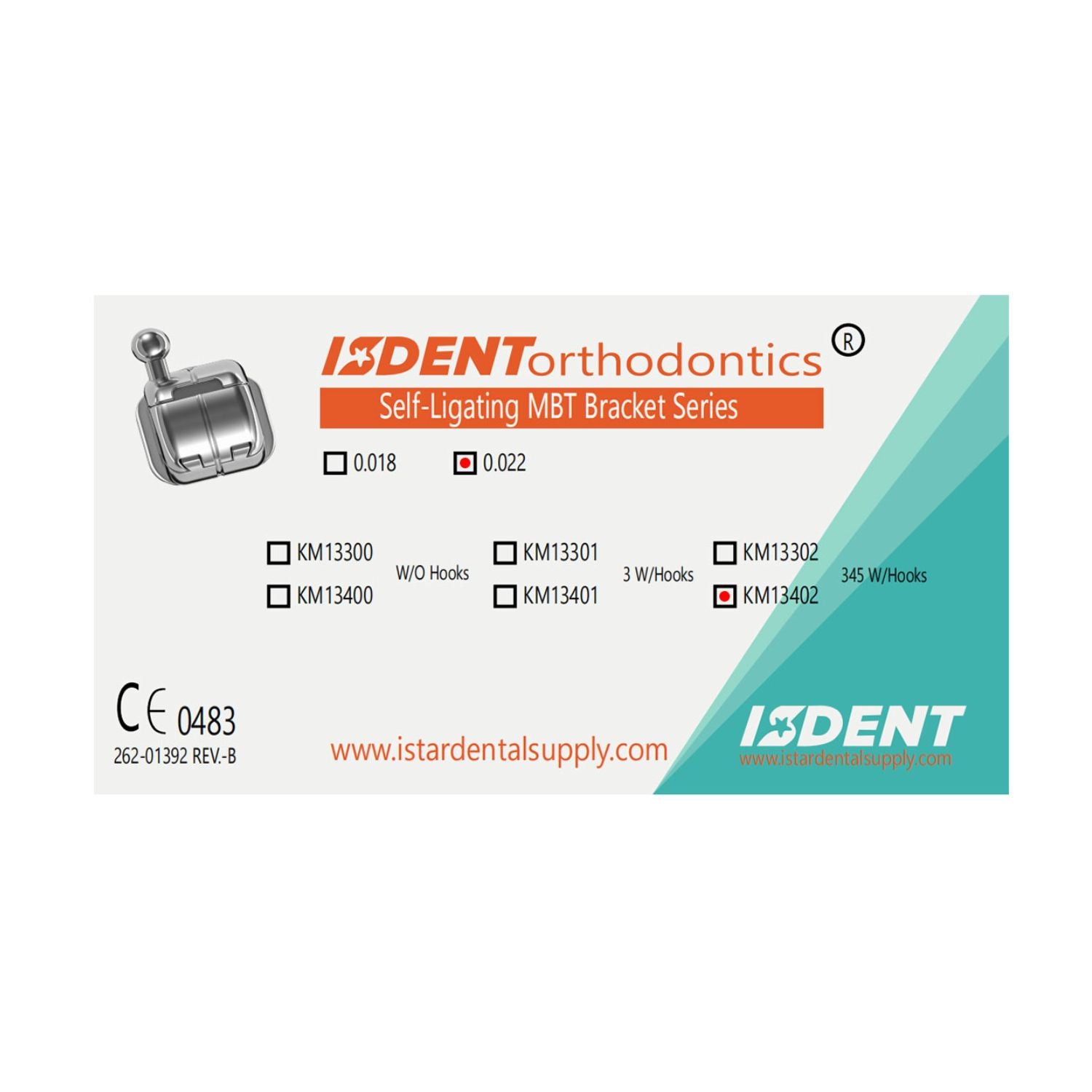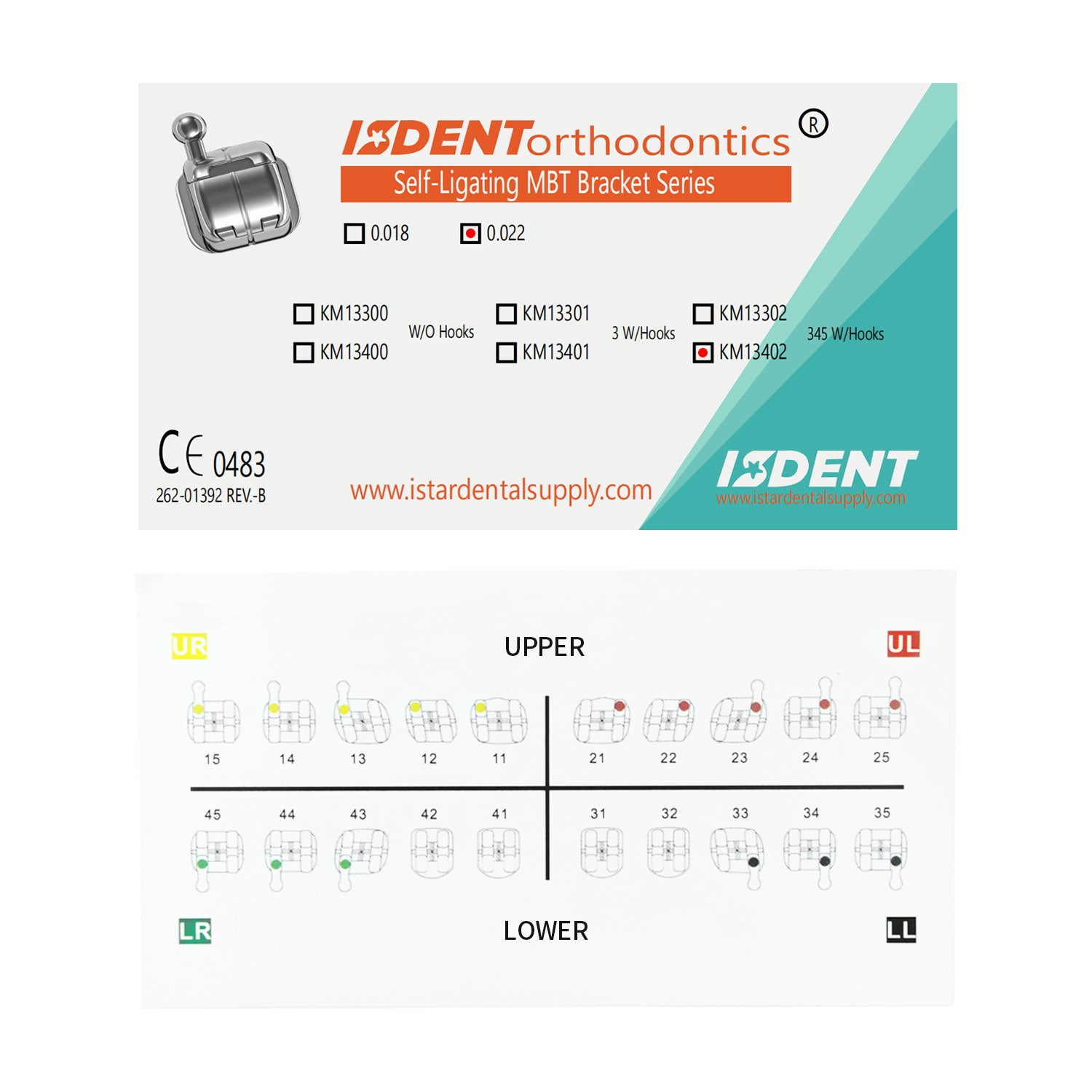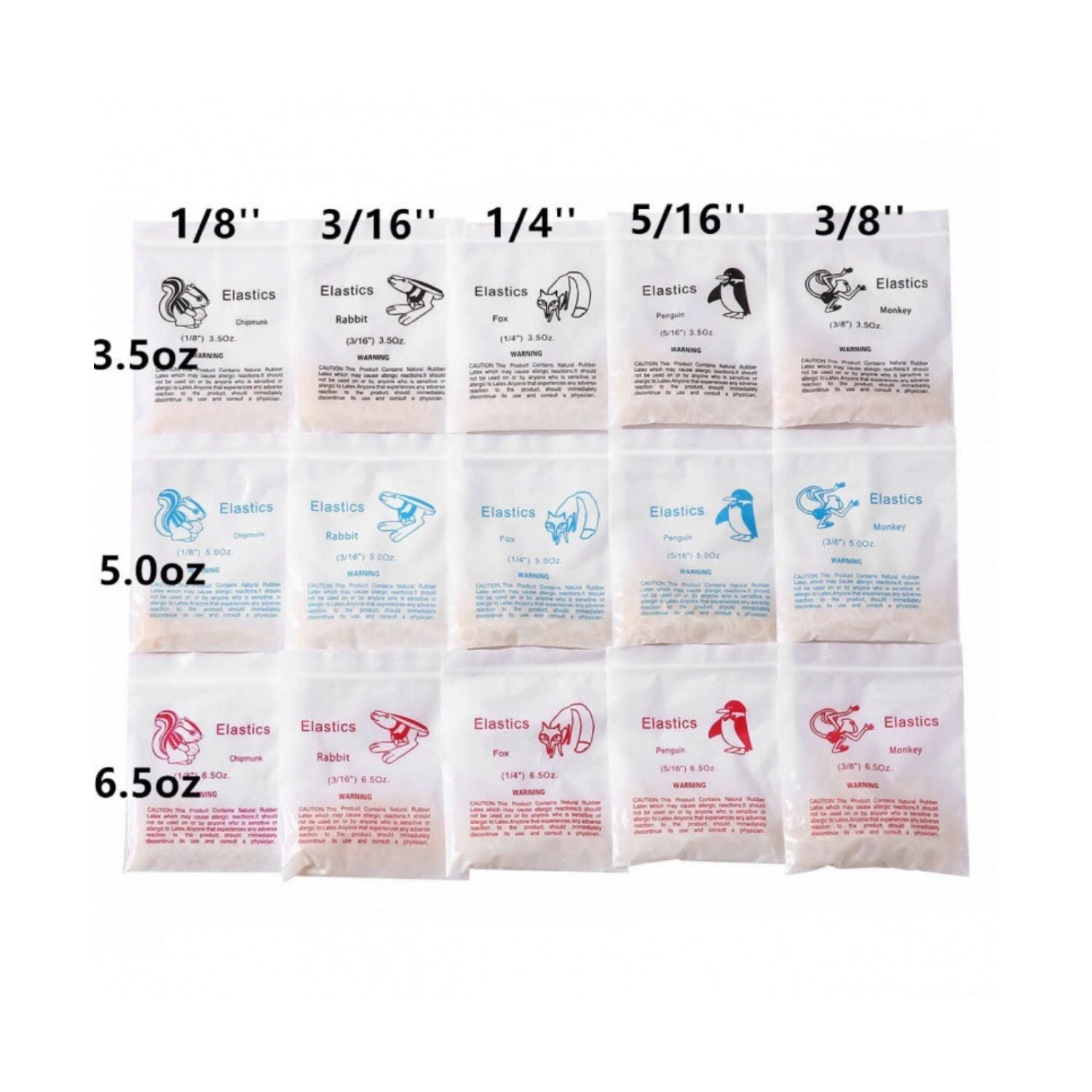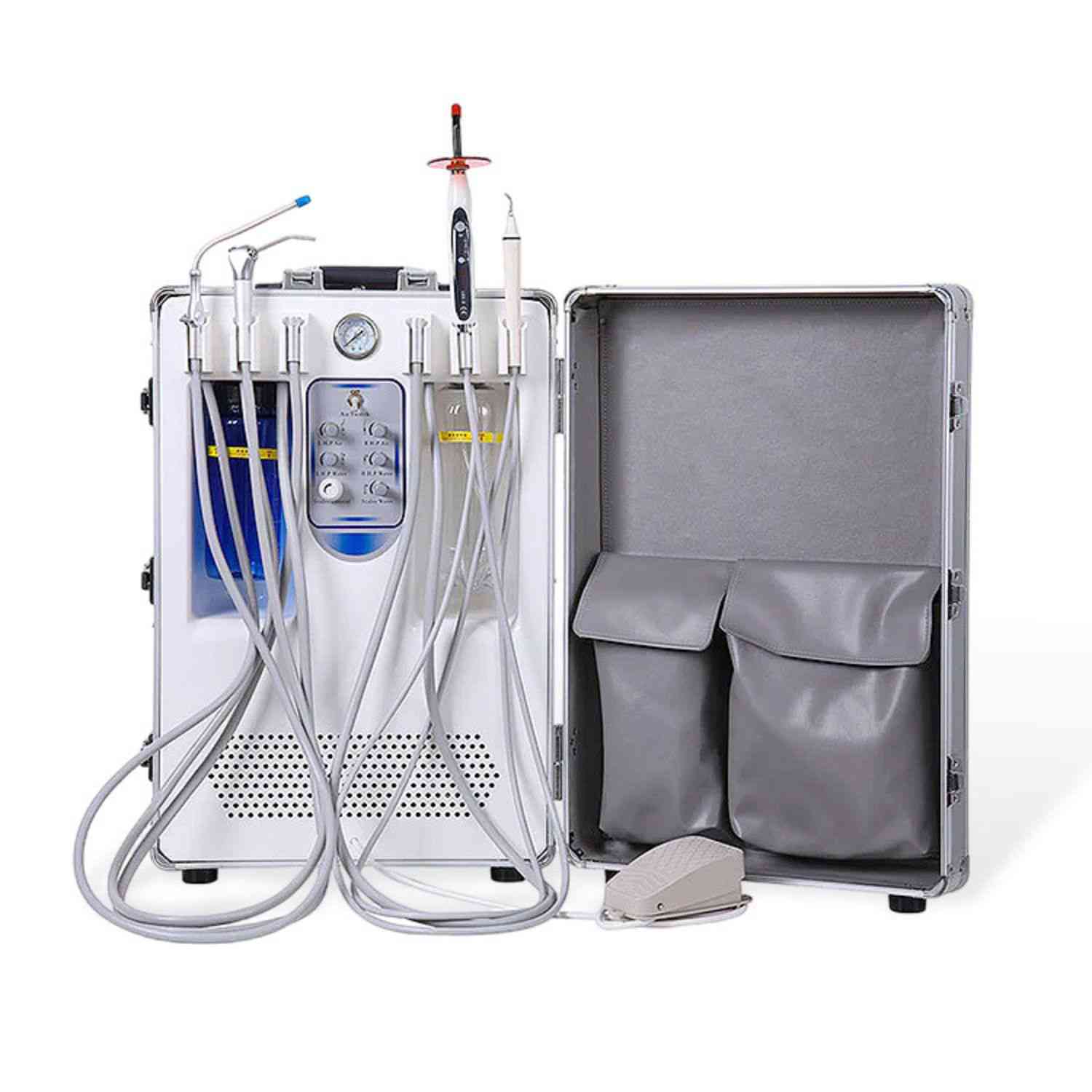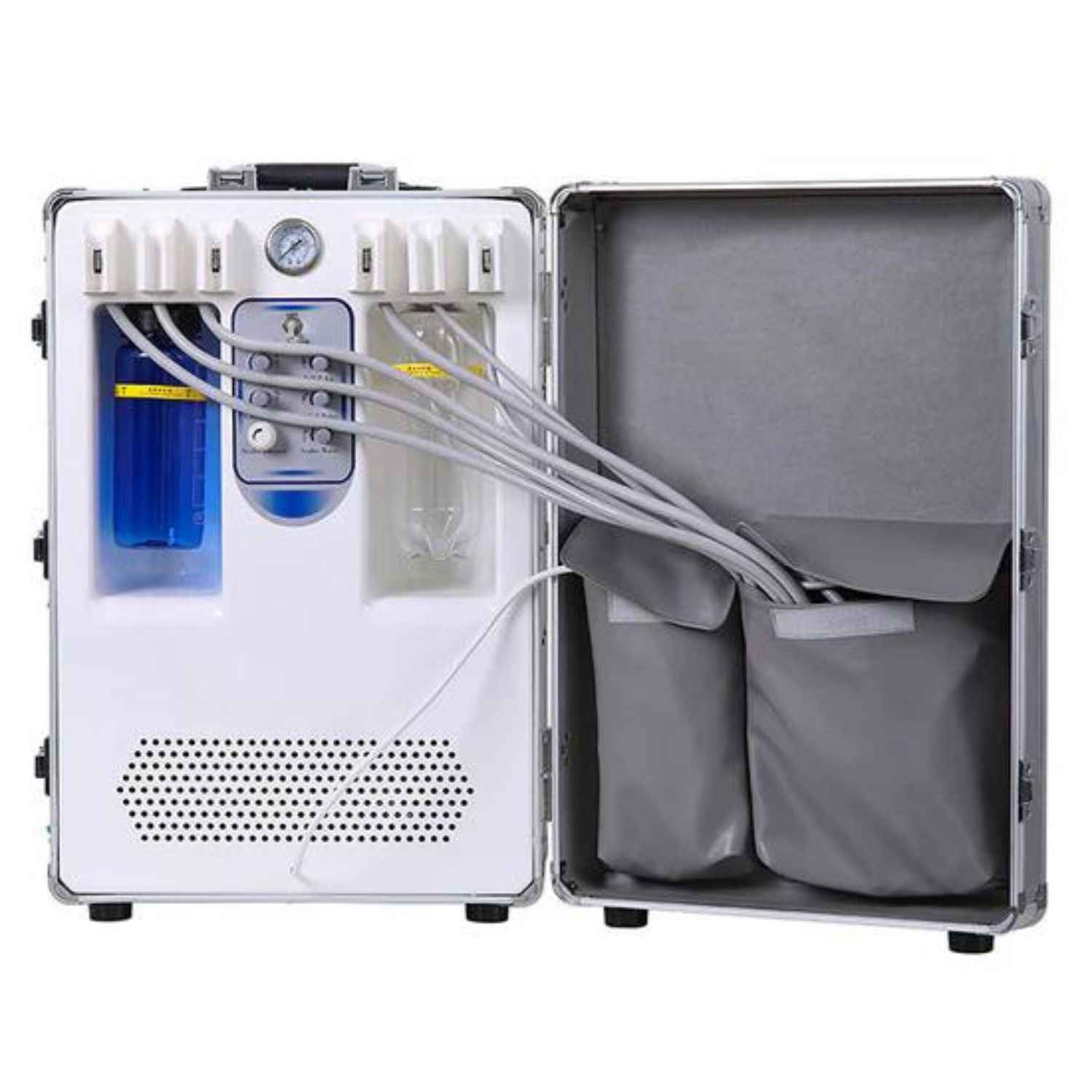All About Tooth Extraction Costs: A Simple Guide
Taking out a tooth can cost a lot of money. Let's learn what you need to know about tooth extraction costs. This guide will help you understand how much it might cost and ways to save money.

What is a Tooth Extraction?
A tooth extraction is when a dentist takes out your tooth. The dentist might need to do this if:
- Your tooth has a big cavity
- Your tooth is broken
- You have wisdom teeth problems
- You need braces and need more room
How much you pay depends on:
- What kind of extraction you need
- Where you live
- If you have insurance
- Who does the work
Types of Extractions and Their Costs
There are two main types of extractions:
1. Simple Extraction
A simple extraction is when your dentist can take out your tooth easily. The dentist uses tools called forceps and elevators to pull out the tooth.
- Cost: $75-$300 per tooth (without insurance)
- What happens: The dentist will numb your mouth and use special tools to take out the tooth
2. Surgical Extraction
A surgical extraction is more complex. The dentist might need to:
- Cut your gum
- Remove some bone
- Cut the tooth into pieces to take it out
This is common for wisdom teeth or teeth that are broken below the gum line.
- Cost: $180-$650+ per tooth
- What happens: You might need stronger medicine to make you sleepy during the procedure
Tooth Extraction Costs Table
Here's a simple breakdown of costs:
| What You Need | How Much It Costs | Details |
|---|---|---|
| Simple Extraction | $75-$300 | Basic tooth removal |
| Surgical Extraction | $180-$650+ | For impacted or difficult teeth |
| Wisdom Teeth | $250-$750 | Often surgical and more complex |
| X-rays | $25-$250 | Needed before extraction |
| Sleep Medicine | $50-$600 | If you need to be sleepy during the procedure |
| Emergency Care | Extra 50-100% | After-hours fees cost more |
What Makes the Cost Go Up or Down?
Many things can change how much you pay:
1. Which Tooth Needs to Come Out
- Front teeth: Usually easier and cost less
- Back teeth: Harder to reach, might cost more
- Wisdom teeth: Often most expensive ($250-$500+)
2. Where You Live
Prices are different in different places:
- Big cities: Usually costs more
- Small towns: Might cost less
For example:
- In Texas: $90-$250 for a simple extraction
- In New York: $150-$400 for the same thing
3. Who Takes Out Your Tooth
- Regular dentist: Usually less expensive
- Oral surgeon: Can cost $100+ more but has more training for hard cases
4. Emergency Care
If you need a tooth out right away after hours or on weekends, you might pay up to twice as much.
Paying Without Insurance
No insurance? Don't worry! Here are ways to save money:
1. Discount Dental Plans
These aren't insurance but can save you 15-50% on dental work.
Example: A patient paid $200 less using a Careington discount plan.
2. Dental Schools
Dental students need to learn and can do extractions for 60-70% less!
Example: A real case showed a surgical extraction cost $120 at a dental school vs. $450 at a regular dentist.
3. Payment Plans
Many dentists let you pay over time:
- In-house plans: Pay a bit each month
- Medical credit cards: Like CareCredit
4. Community Clinics
Look for:
- Nonprofit dental clinics
- Government programs
- Medicaid (if you qualify)
Insurance Coverage for Extractions
If you have insurance, it can help a lot:
1. Private Dental Insurance
- Usually covers 50-80% of the cost
- Might pay more for simple extractions than surgical ones
- May have a waiting period before you can use it
Real case: A patient with 80% coverage paid just $50 out-of-pocket for a $250 simple extraction.
2. Medicare
- Regular Medicare doesn't cover most dental work
- Medicare Advantage plans might cover 50-80% of medically needed extractions
3. Medicaid
- Coverage varies by state
- Often only covers emergency extractions
- Only 33% of dentists take Medicaid
Comparing Extraction to Other Options
Sometimes you have choices:
Keep the Tooth with a Root Canal
- Root canal + crown: $300-$2,000
- Pros: Keep your natural tooth
- Cons: Costs more up front
Replace with an Implant Later
If you get an extraction thinking about an implant later:
- Might need a bone graft ($200-$1,200 extra)
- The extraction procedure needs to be done carefully
Hidden Costs to Watch For
Be aware of these extra costs:
- X-rays: $25-$250
- Drugs to make you sleepy: $50-$600
- Pain medicine: $10-$50
- Dry socket treatment: $50-$150 (happens to 20% of patients)
- Bone grafts: $200-$1,200 (if you want an implant later)
How to Find Cheaper Care
Try these money-saving tips:
- Ask for a cash discount: Can save 15-20%
- Check multiple dentists: Prices can vary a lot
- Dental tourism: Going to Mexico can cost 60-70% less ($100-$300 per extraction)
- Community events: Look for free extraction days like "Mission of Mercy"
Risks of Waiting Too Long
Putting off an extraction to save money can end up costing more:
- Infections can spread
- You might need antibiotics ($10-$50 extra)
- Emergency room visits can cost hundreds more
- May need more complex treatment later
Common Questions About Extraction Costs
Are wisdom teeth extractions more expensive?
Yes. Wisdom teeth often cost $250-$750 each because they are usually surgical extractions.
Does insurance cover extractions for bad teeth?
Usually yes. Most insurance plans cover extractions when teeth have decay or damage.
Can I pay in smaller amounts over time?
Yes. Many dental offices offer payment plans for 6-12 months.
How much do emergency extractions cost?
They cost 50-100% more than regular extractions because of after-hours fees.
Will Medicare pay for my extraction?
Regular Medicare doesn't cover most dental work, but Medicare Advantage plans might cover 50-80% for medically needed extractions.
Important Facts to Remember
- 62% of people wait too long for extractions because of cost worries
- 85% of surgical extractions need antibiotics, adding $10-$50 to costs
- Dental schools can save you 60-70% on extraction costs
- Discount plans save patients $200 on average
Conclusion
Taking out a tooth can cost from $75 to over $650 depending on many things. The good news is you have options to help with the cost.
Remember these key ways to save money:
- Check if insurance can help
- Look into dental schools
- Ask about payment plans
- Consider discount dental plans
Don't wait too long if you need a tooth out. Waiting can lead to bigger problems and cost more money later.

